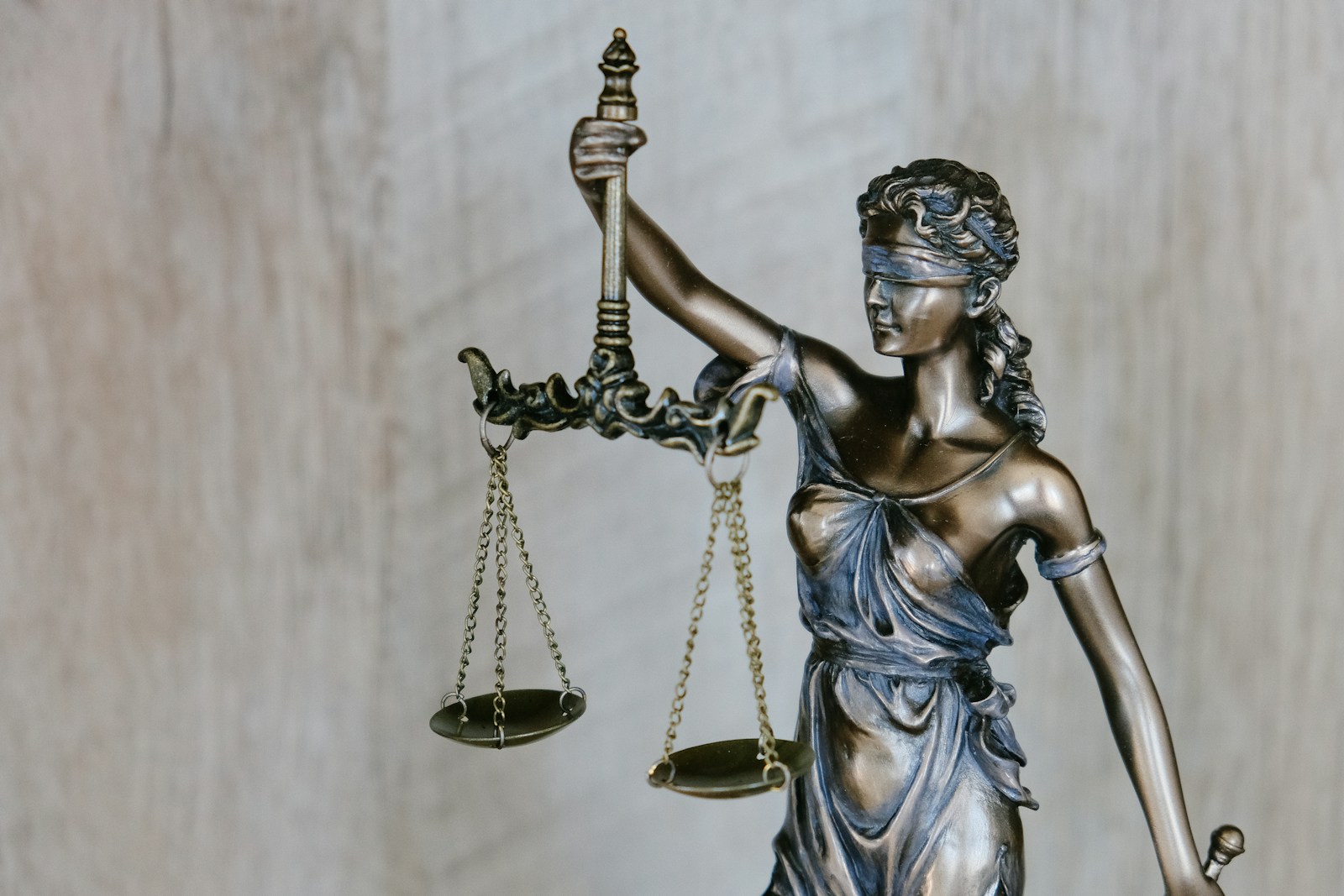Sadly, accidents are common in the US. Accidents can result in minor injuries to severe and life-changing consequences. Some of the most common accidents in the US include car accidents, slips and falls, workplace accidents, and medical malpractice.
An experienced and knowledgeable legal team is vital when facing a personal injury case. That’s where the personal injury attorneys at Bentley & More LLP come in. The firm, founded by Greg Bentley and Keith More, has helped numerous victims obtain compensation for their losses and injuries. The firm has also played a part in a class action lawsuit, acquiring compensation of over $700 million.
When out-of-court negotiations fail, the case goes to court. It is during this time that deposition occurs.
What is Deposition?
In personal injury law, a deposition is a formal, out-of-court testimony given by a witness or a party under oath. During a deposition, the individual is typically questioned by attorneys from both sides, and a court reporter records the proceedings.
Depositions are part of the discovery process. They allow both sides to gather information, assess witness credibility, and gather evidence for trial. The testimony during a deposition can be used as evidence in court proceedings.
The Deposition Process
Here are some critical steps in the typical deposition process:
1. Notice of Deposition: The party seeking the deposition serves a notice to the witness or party being deposed, specifying the time, date, and location of the deposition.
2. Preparation: Before the deposition, witnesses typically meet with their attorneys to review the case, refresh their memory on relevant events, and understand the deposition process.
3. Oath and Recording: At the beginning of a deposition, the witness gives an oath, usually by a court reporter or notary public. The court reporter then records a verbatim transcript of the proceedings.
4. Questioning: Attorneys from both sides can ask questions. The questions must be related to the case, and the witness must answer truthfully.
5. Objections: Attorneys may raise objections during the deposition if they believe a question is improper or needs to protect privileged information. However, the witness is generally expected to answer unless their attorney or a judge instructs otherwise.
6. Breaks: Depositions can be lengthy, so breaks are often provided to allow the witness to rest, confer with their attorney, or address personal needs.
7. Review and Signature: Once the deposition is complete, the witness may have the opportunity to review the transcript for accuracy and make any necessary corrections. The witness then signs the transcript to confirm its accuracy.
8. Transcript: The court reporter prepares a final deposition transcript, which may be used as evidence during the trial.
Overall, the deposition process is a crucial step in the discovery phase. It allows both parties to gather information and evaluate each other’s positions.
As a witness or party to a lawsuit, preparing thoroughly and answering questions truthfully during a deposition is essential.
Tips for Preparing for Deposition
Facing a deposition can be stressful, but there are steps you can take to ensure that you are ready and confident on the day of the proceedings. Here are some tips for preparing for a deposition:
● Understand the Case: Make sure you clearly understand the facts and issues involved. Review any relevant documents, reports, or correspondence related to the matter.
● Meet Your Attorney: Schedule a meeting before the deposition. Discuss the purpose of the deposition, your role as a witness, and any specific areas of concern.
● Practice Responses: Practice answering potential questions with your attorney. This can help you become more comfortable with the deposition process and ensure that your responses are concise.
● Follow Your Attorney’s Advice: Your attorney guides you through the deposition process. Follow their advice and instructions closely, and don’t hesitate to consult them if you have any concerns during the deposition.
Take Caution!
Depositions are an essential part of a personal injury case. They allow both sides to gather information, assess witness credibility, and potentially gather evidence for trial. As a witness or party to a lawsuit, preparing thoroughly and answering questions truthfully during a deposition is crucial.
You can confidently navigate the deposition process by following these tips and working closely with your attorney.







